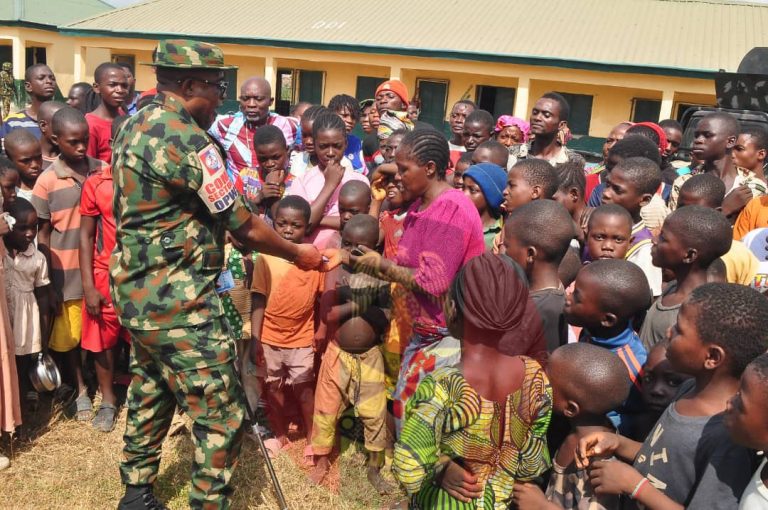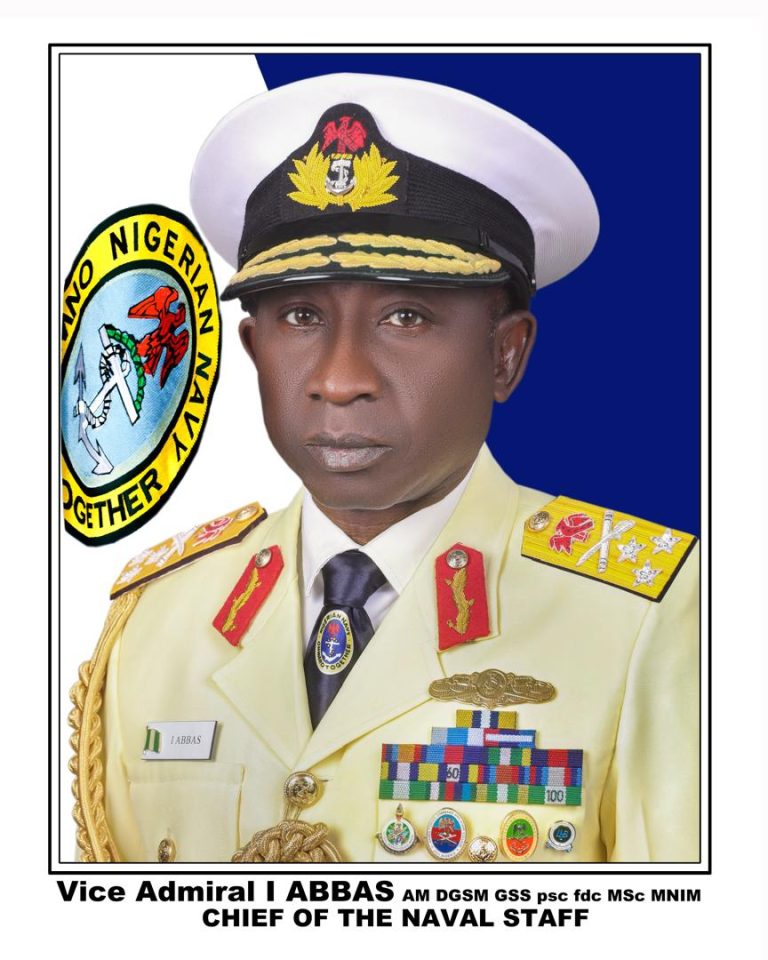By Odimmegwa Johnpeter, Abuja
The Federal Government of Nigeria has announced the development of a National Humanitarian Development Peace Framework. The soon-to-be-launched framework is geared towards making humanitarian interventions in Nigeria timely, effective and coordinated between government, humanitarian and security agencies.
The Minister of Humanitarian Affairs and Disaster Management, Sadiya Umar Farouq said during a virtual briefing to United Nations Member States on the Humanitarian Situation in Nigeria on Monday, that the National Humanitarian Coordination Technical Working Group, as directed by the National Humanitarian Coordination Committee (NHCC) came up with the initiative aimed at restoring peace and stability in Nigeria.
“The framework is a national and innovative home-grown approach to proactively address critical humanitarian and development challenges at the community, state, and federal levels”.
Addressing the United Nation member states, Umar Farouq said that the framework developed with the support of UNOCHA and other critical international and national humanitarian stakeholders will address root causes of conflict, by coherently addressing socio-economic vulnerabilities, to ensure sustainable peace, stability, and development in the country when launched.
“We will expect that all critical humanitarian, peace and resilience programmes and plans key into or are derived from the National Humanitarian Development Peace Framework and Strategy”.
She lamented that the humanitarian landscape in Nigeria has been impacted by non-state armed groups in the North-East region, environmental factors, the farmer-herder conflict, banditry activities in different parts of the country as well as the recent COVID-19 pandemic outbreak which has led to displacement, loss of livelihoods and food insecurity.
She assured that the federal government is determined to keep working with the international humanitarian community to ensure safe and efficient access to humanitarian workers as agreed upon by the National Humanitarian Coordination Committee, chaired by H.E. Vice President Prof. Yemi Osinbajo.
With the Government of Nigeria focused on early recovery of the North-East region, through re-integration and rehabilitation of affected communities, she promised that other regions will be reintegrated with the aim of developing programmes and interventions to positively engage women and youths who are likely targets for radicalisation or criminal recruitment.
The Federal Government announced that the Rural Women’s Cash Grant Programme, National Home-Grown School Feeding programme and N-Power program with one million, five hundred thousand youths benefiting since its inception in 2016 were some of the programs initiated by the President Muhammadu Buhari administration.
According to her, 70,000 metric tonnes of grains from the National Strategic Grains Reserve and non-food items were distributed through State Governments to vulnerable individuals and households across the country in collaboration with the Federal Ministry of Women Affairs and the World Food Programme, through the allocation and hand over of grains to these partners for onward distribution to ensure specific vulnerable groups.
The Federal Government re-stared its commitment to partnering with stakeholders to ensure food security for all Nigerians, assisting Internally Displaced Persons and returning refugees to reintegrate in dignity.
“There is need for urgent and concerted efforts from the government and the humanitarian community to deliver life-saving humanitarian assistance to the vulnerable, with nobody left behind,” Umar Farouq said.
https://any.peopleandpowermag.com/fg-to-launch-national-humanitarian-development-peace-framework/




